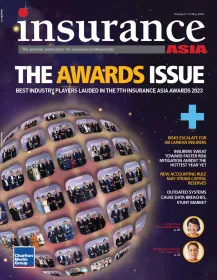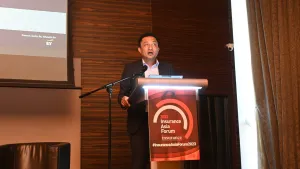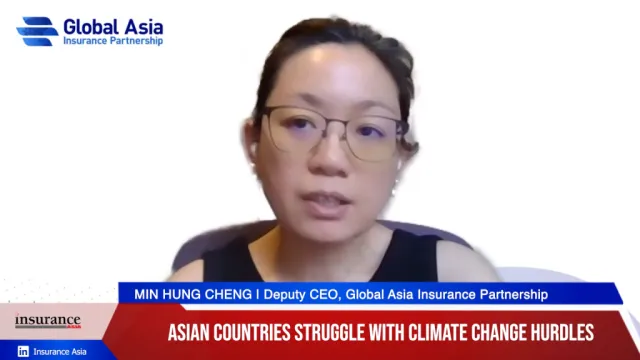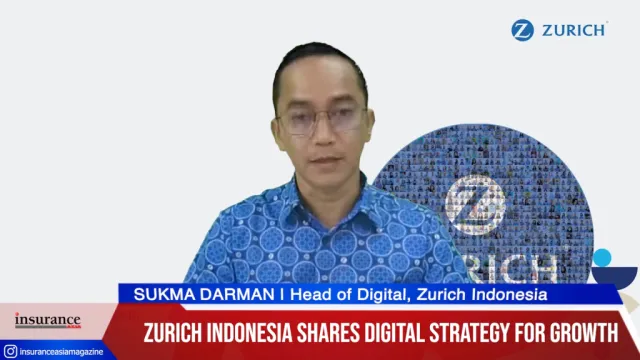
How can technology cause insurers' profits to fall precipitously?
When a top insurance company in the US found that its customers seeking an online insurance quote were finding it tedious to fill out numerous forms, it deployed Amelia.
Amelia is not a human agent, but rather a digital personal insurance assistant that would speed up the process, and has since been guiding prospective clients through the smoother, faster process of getting a personalised quote for auto insurance.
Amelia is programmed to ask customers where they live, how many drivers will be on the policy and other pertinent details, all the while checking the customer conversation for information that has already been provided, so some questions may be skipped and the whole process ends faster than if a human were to walk through a predetermined list of questions. The extracted information is then automatically fed into the insurer’s system so it can make a sound underwriting decision.
Amelia, which was developed by IPsoft, makes the whole conversation far from awkward through the use of natural language, and is one example of a digital innovation transforming the industry. Insurers are indeed finding greater efficiency and improved customer satisfaction by leveraging on the likes of artificial intelligence and automation. But some industry analysts warned that the digital wave sweeping the industry could also threaten to drown premium income in the long-term as technology-powered risk prevention rises. “In the next 12 months, it is our opinion that there will be an uptake in the implementation of all forms of artificial intelligence by insurers. We have already seen several use cases, and we expect insurers to roll out new use cases. Insurers who have not yet adopted this technology will be working to catch up,” said Colleen Risk, senior analyst, life annuity and health at Celent Research.
Double-edged
But digital technology is not an absolute boon for insurance, as it also reduces potential future premium income for the industry as innovations enable a shift towards risk prevention. Digital technology may boost profits for an auto insurer in the short term but it may also lead to a long-term decline, according to Tanguy Catlin, senior partner in McKinsey’s Boston office who leads the firm’s North American P&C insurance practice. “Better data will make pricing more accurate and help detect fraud, whilst automation could cut the cost of a claim by as much as 30%” Catlin said.
Thereafter, however, with forward-collision avoidance, blind-spot assist, and adaptive cruise control already common features in new cars, safer vehicles will reduce risk and lower premium income. Catlin pointed as an example the emergence of entirely self-driving cars, which could force manufacturers to assume the risk for what was previously a personal liability.
“The result of these changes could be that over the course of a decade, insurers’ profits fall precipitously,” he said. “It is now possible to imagine a business model built not so much on the premiums consumers pay to protect themselves against damages they might or might not incur, but on gadgets or services that predict and help prevent risk.”











 Advertise
Advertise












